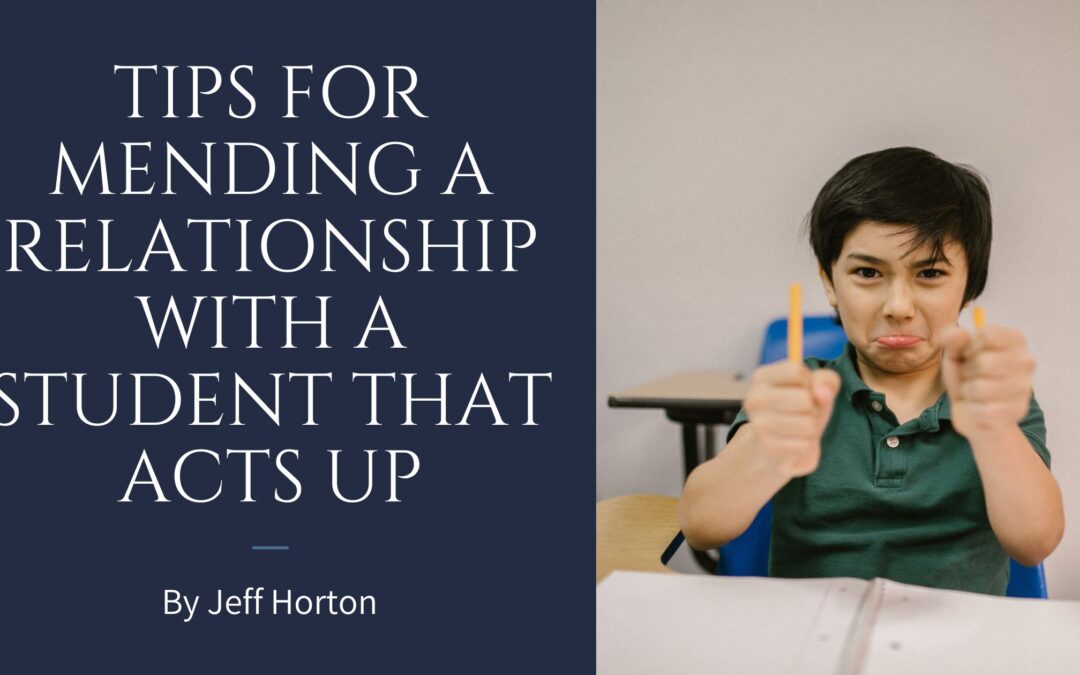One of the most challenging situations as a teacher is dealing with a student who constantly acts up. It can be frustrating, overwhelming, and even discouraging, but it’s important to remember that these students are often struggling with something and need your help. Here are some tips for mending a relationship with a student that acts up.
Listen and understand their perspective
The first step in mending any relationship is listening and understanding the other person’s perspective. Talk to the student and ask them why they are acting out. Try to get to the root of the problem and understand what’s causing them to behave this way. Listen without judgment and let them know that you are there to help.
Show empathy and kindness
When dealing with a problematic student, becoming frustrated and losing patience can be easy. However, it’s important to remember that these students often struggle with something and need empathy and kindness. Show them that you care and that you want to help them. Be patient and understanding, and try to put yourself in their shoes.
Set clear boundaries and consequences
While it’s essential to be understanding and empathetic, it’s also important to set clear boundaries and consequences. Let the student know what behavior is acceptable and what behavior is not. Ensure they understand their actions’ consequences and what will happen if they continue to act out. Be firm but fair in your approach.
Build a positive relationship
One of the most effective ways to mend a relationship with a problematic student is to build a positive relationship with them. Find common ground and show an interest in their life. Show them you are invested in their success and want to help them. Praise them for their accomplishments and encourage them to do better.
Involve parents or guardians
In some cases, involving the student’s parents or guardians can help mend the relationship. Reach out to let them know what’s going on. Work together to help the student. Keep them updated on the student’s progress and involve them in the process.
Provide additional support
Sometimes, challenging students need additional support to help them succeed. Consider providing them with extra help, such as tutoring or counseling. Find out if there are any resources available in the school or community that can help. Work with the student to devise a plan to address their specific needs.
Be consistent
Consistency is vital when dealing with a problematic student. Make sure you are consistent in your approach and your expectations. Stick to the boundaries and consequences you have set. Be consistent in your praise and your discipline. This will help the student understand what is expected of them and what will happen if they don’t meet those expectations.
Mending a relationship with a student that acts up can be challenging, but it’s important to remember that these students need our help and support. By listening, showing empathy and kindness, setting clear boundaries and consequences, building a positive relationship, involving parents or guardians, providing additional support, and being consistent, we can help these students succeed and thrive in school and beyond.

